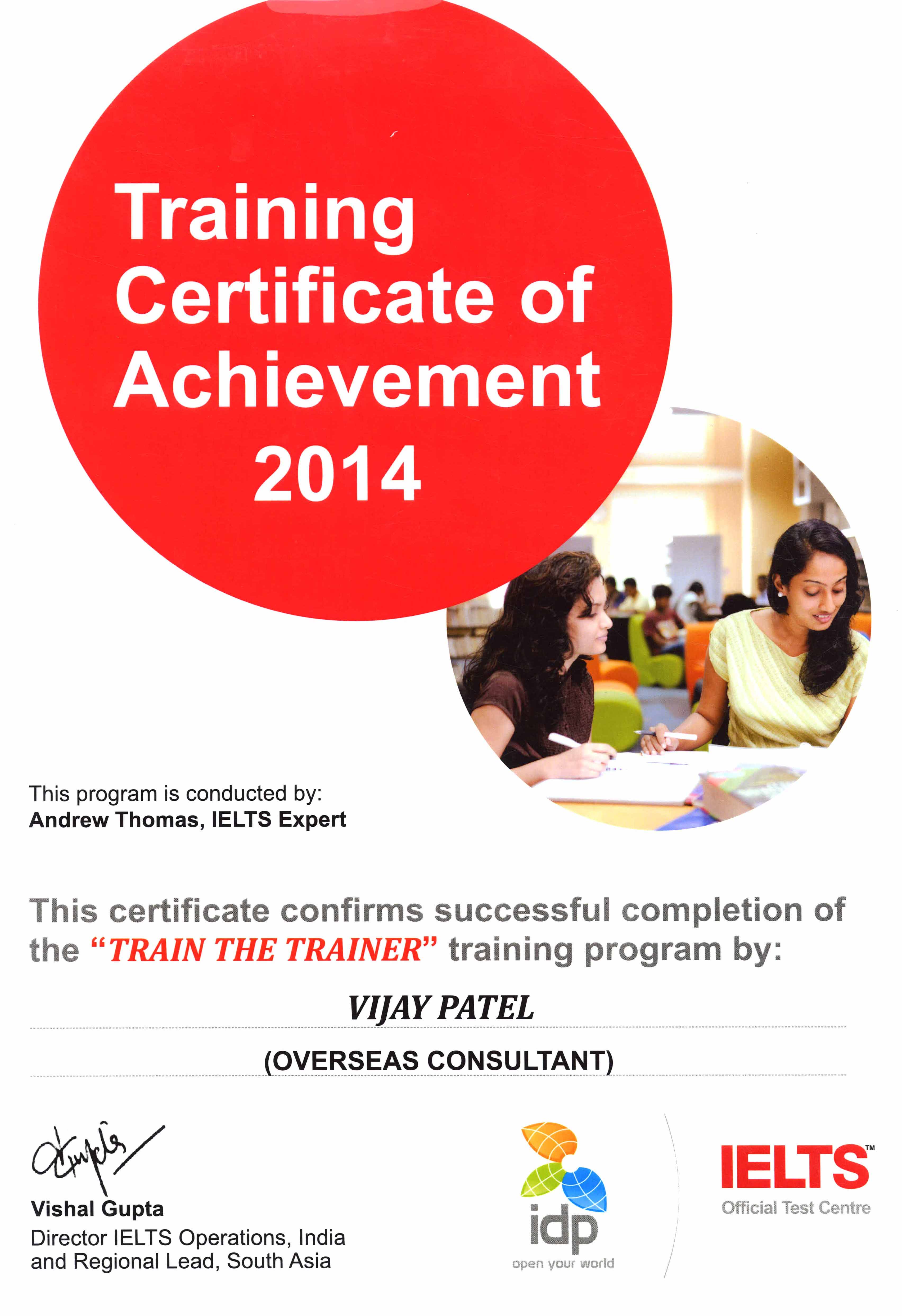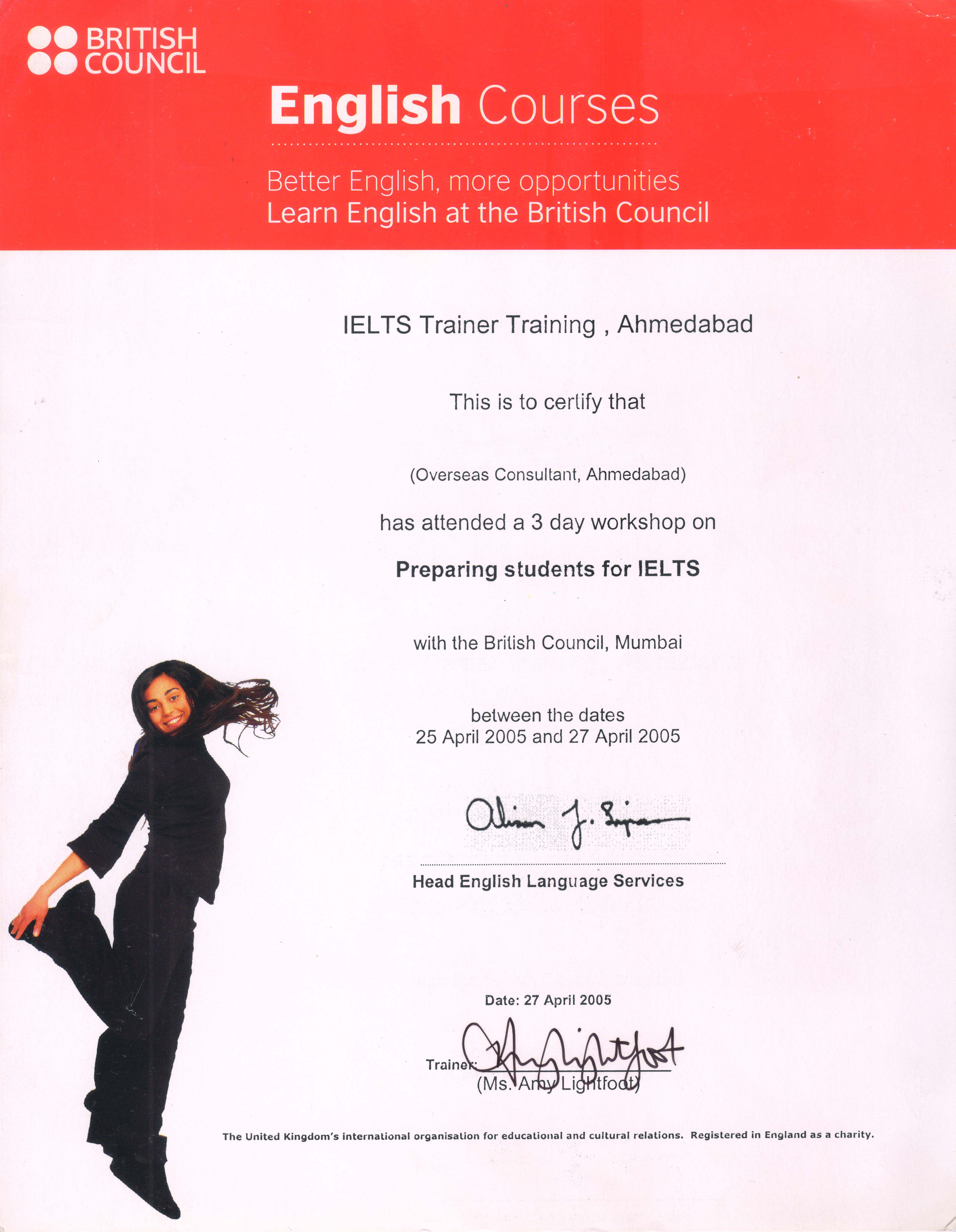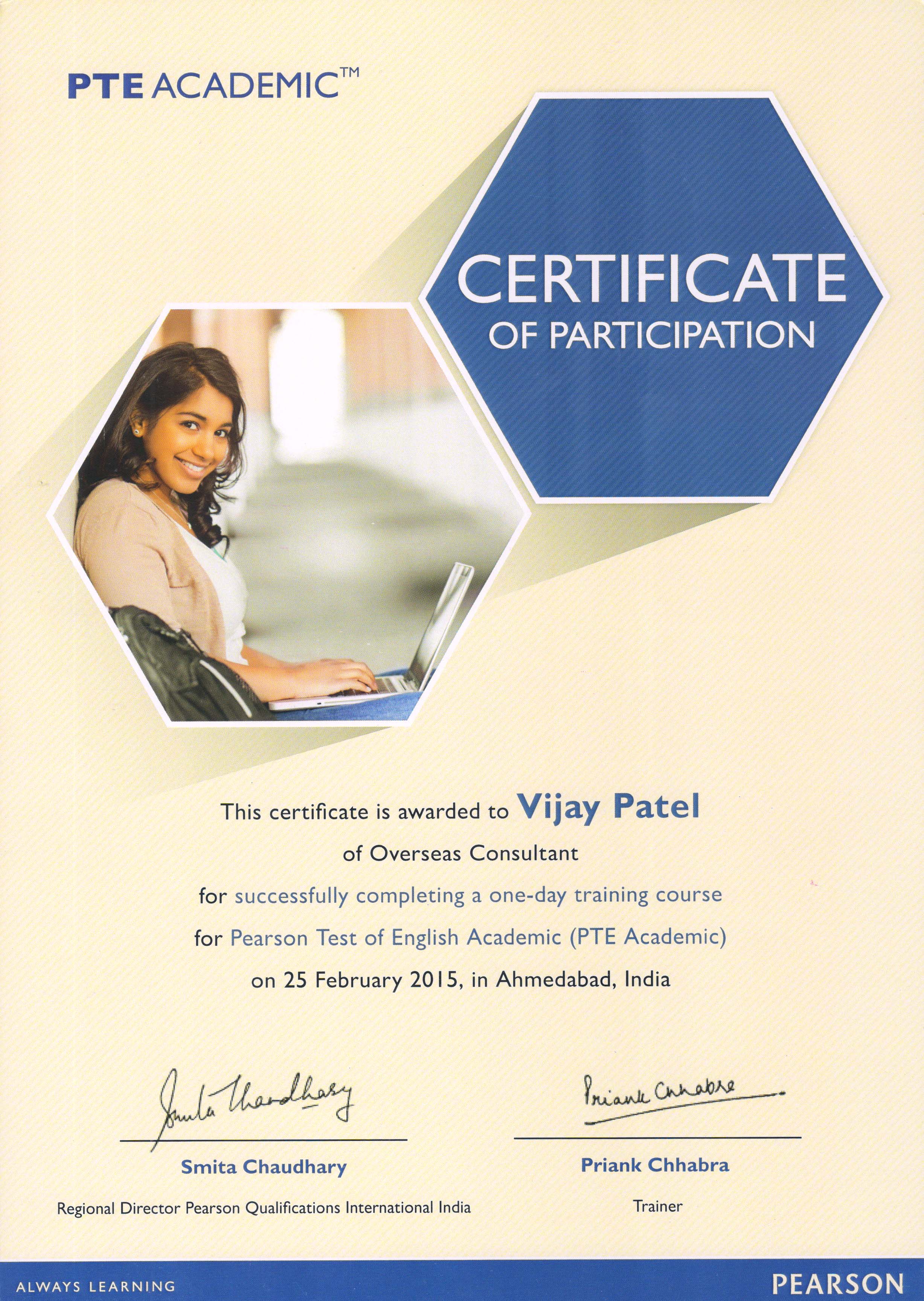TOEFL, the Test of English as a Foreign Language measures your ability to use and understand English at the university Level. It evaluates how well you combine your Reading, Listening, Speaking and Writing skills to perform academic tasks. The TOFEL iBT Test emphasizes the student’s ability to use English effectively in academic setting.
Some Tasks require test takers to combine more than one skill. To succeed academically in English-speaking colleges and universities, students need to be able to combine their language skills in the classroom. Integrated Questions or Tasks in the Test help learners build the confidence they need to communicate in the academic environments they plan to enter.
TOEFL iBT is accepted by more than 9,000 organizations worldwide in over 130 countries, including universities, colleges, institutions, professional bodies, immigration authorities and other government agencies.
| Widely Accessible | TOEFL iBT is delivered via the internet in secure test centers around the world. Thus it is offered practically every day [ except Saturday & Sunday ] at respective centers in more than 130 countries. |
| The International Test | TOEFL is internationally focused in terms of its quality. |
| Levels of TOEFL | TOEFL is designed to assess English language skills at all levels. There is no such thing as a pass or fail in TOEFL. Results are reported as Scores on a scale from 1 (the lowest) to 30 (the highest). |
| Test Result | You will receive a Examinee Score Report which reports a score for each of the four skills ( Reading, Listening, Speaking, and Writing ), as well as Total Score. You will receive your TOEFL Score on the same day of your Test from system itself. However physical copy of your Score Card will be sent to your mailing address after 2 weeks. |
| Validity of Test Result | Validity of TOEFL Results is 2 years from the date of Test. |
| Sections of Test | Reading, Listening, Speaking and Writing |
| Test Duration | TOEFL iBT is up to 4.5 Hours long, including check-in. All Test Sections will be completed in one day. There will be a Break of 10 minutes during Test. Reading & Listening will be conducted before break and Speaking & Writing will be conducted after break. |
| Special Remark | Note taking is allowed. Test takers can take notes on any section of the test and they can use those notes when answering the questions of the Test. |
Reading
60 – 80 Minutes
3 – 4 Passages
12 – 14 Questions in Each Passage
Passages are taken from college-level textbooks and books or journal of general academics interest. Subject matter of the passages covers a variety of academic subject at an introductory level of academic study. Test takers do not need to be familiar with the subject material. All the information they need to answer the questions will be included in the passages. All reading passages represent three basic categories i.e. Narration, Exposition, and Argumentation.
Some passages have one major focus of development to present separate ideas related to a specific topics and then develop and connect these idea with some depth and complexity. They generally fall into categories like Description, Narration, and Analysis.
Some passages have a multiple focus to view or provide information that can be classified into different components. They generally fall into categories like Classification, Compare & Contrast, Cause & Effect, and Problem & Solution.
- Reading for basic comprehension that requires the ability to understand General Topic or Main Idea, Major Points related to that Topic or Idea, Important Facts & Details, and Vocabulary of the Context
- Understand ideas in Text ad connect them into a logical and complete summary, theory, hypothesis, or point of view
- Understand relationships between ideas which include Compare & Contrast, Cause & Effect, Agree or Disagree, Sequence, and Problem Solution
- Reading to learn
- To be able to make interfaces ( draw conclusions, make assumptions ) about the information provided in the Reading Text
Some questions are worth more than one point.
The raw score on the Reading section is converted to a scaled score of 0 to 30.
Listening
60 – 90 Minutes
40 Questions
4 – 6 Lectures & 6 Questions Each
2 – 3 Conversations & 5 Questions Each
Academic Lectures
- Last 4 to 6 Minutes
- About 500 to 800 words long
- Consist of a professors’s monologue or an interactive lecture
- Use pictures to indicate the setting and the role of the speakers(s)
- Followed by six multiple-choice questions
- Include topics from Life Sciences, Arts, Physical Science, and Social Science
Conversation
- Last about 3 Minutes
- Contain 12 to 25 interchanges
- Involve two speakers, one of whom is a student in a ‘service encounter’ or in discussion with a professor
- Use pictures to indicate the setting and the roles of the speakers
- Followed by five multiple-choice questions
From Academic Lectures
- Grasp the main idea and the supporting details
- Follow the organization of the lectures
- Understand the relationship between ideas
- Understand the speaker’s attitude and purpose
From Conversation
- Grasp the main idea and the supporting details
- Understand the relationship between ideas
- Understand the speaker’s attitude and purpose
- Comprehend the implications of the conversation
The raw score on the Listening section is converted to a scaled score of 0 to 30.
Speaking
20 Minutes
6 Tasks : 2 Independent & 4 Integrated
The Speaking section is designed to evaluate the ability to speak in an academic environment. The candidate will be asked to answer six questions while speaking into a microphone.
- Task 1 and 2 are Independent Speaking Tasks about the topics that are familiar to the speaker. Candidates are asked to speak on a variety of topics drawn entirely from their own experience, opinions, and ideas.
- Task 3 and 4 integrate Speaking with Listening and Reading. Task 3 involves a campus-based situation and Task 4 involves an academic topic.
- Task 5 and 6 integrate Speaking with Listening. Task 5 is campus based and Task 6 is academic.
The integrated tasks require the candidates to base the spoken response on the listening passage or on the listening and reading passages together.
Response time allowed for each question ranges from 45 to 60 seconds. Responses do not require knowledge of academic content. Candidates can take notes to use when responding to the Speaking Tasks.
ETS certified Raters rate the Speaking Responses. The Raters assign a score from a range of 0 to 4 for each Response. The scores are based on the descriptions in the Speaking Rubrics.
Raters evaluate the overall comprehensibility of the responses as well following abilities represented by candidates.
- Topic Development [ Whether Candidate answer the question completely, presents idea coherently, and presents ideas & relationships between ideas in a way that is clear and easy to follow ]
- Delivery of the Response [ Whether Speech is clear, pronunciation is good, pacing and intonation patterns sound natural and overall the Response is easy to understand ]
- Language Use [ How well Candidate demonstrates control of basic and complex grammatical structures and vocabulary ]
All 6 Tasks are Rated and the scores of Ratings are totaled.
The sum of the scores is statistically converted to a scaled score of 0 to 30.
Writing
50 Minutes
1 Integrated Task [ 20 Minutes ]
1 Independent Task [ 30 Minutes ]
Integrated Writing Task
- Display 230 to 300 words Reading passage for 3 Minutes
- Follows with a 2 Minutes Recoding ( 230 to 300 words ) by a Speaker who discusses the same Topic form a different perspective and contributes additional information
- It may include a Reading passage that presents a point of view or a reason for taking or not taking an action as well, a listening passage that challenges the points made
- It may include a Reading passage that describes a problem as well, a listening passage that presents the reasons/ways the problem can be solved
- Redisplays the Writing passage and presents a Writing Prompt / Question
- Allow 20 Minutes for Writing and revising the response to the question
Independent Writing Task
- Require to write an Essay that states, explains, and supports the writer’s opinion on a given issue
- Usually a minimum of 300 words
- Allow 30 Minutes total for preparation, writing, and revision
From Integrated Writing Task
- Read and Take Notes on the first passage
- Listen and Take Notes on the second passage
- Respond to a Prompt with explanation in 150 to 225 words
- How Listening passage undermines the points made in Reading
- How to solve or overcome the problems describe in Reading
- NOTE : Candidates are not penalized for writing a longer response
From Independent Writing Task
- Develop and organize ideas thoroughly
- Provide support for opinion or choices
- Write clearly and accurately
The Writing Rubrics are scaled on a range of 0 to 5.
Raters use Holistic Scoring Method to Score Writing Rubrics and Overall Task.
Both Task will be checked and scored separately. Both Tasks are Rated and the scores of Ratings are totaled.
The sum of the scores is statistically converted to a scaled score of 0 to 30.



